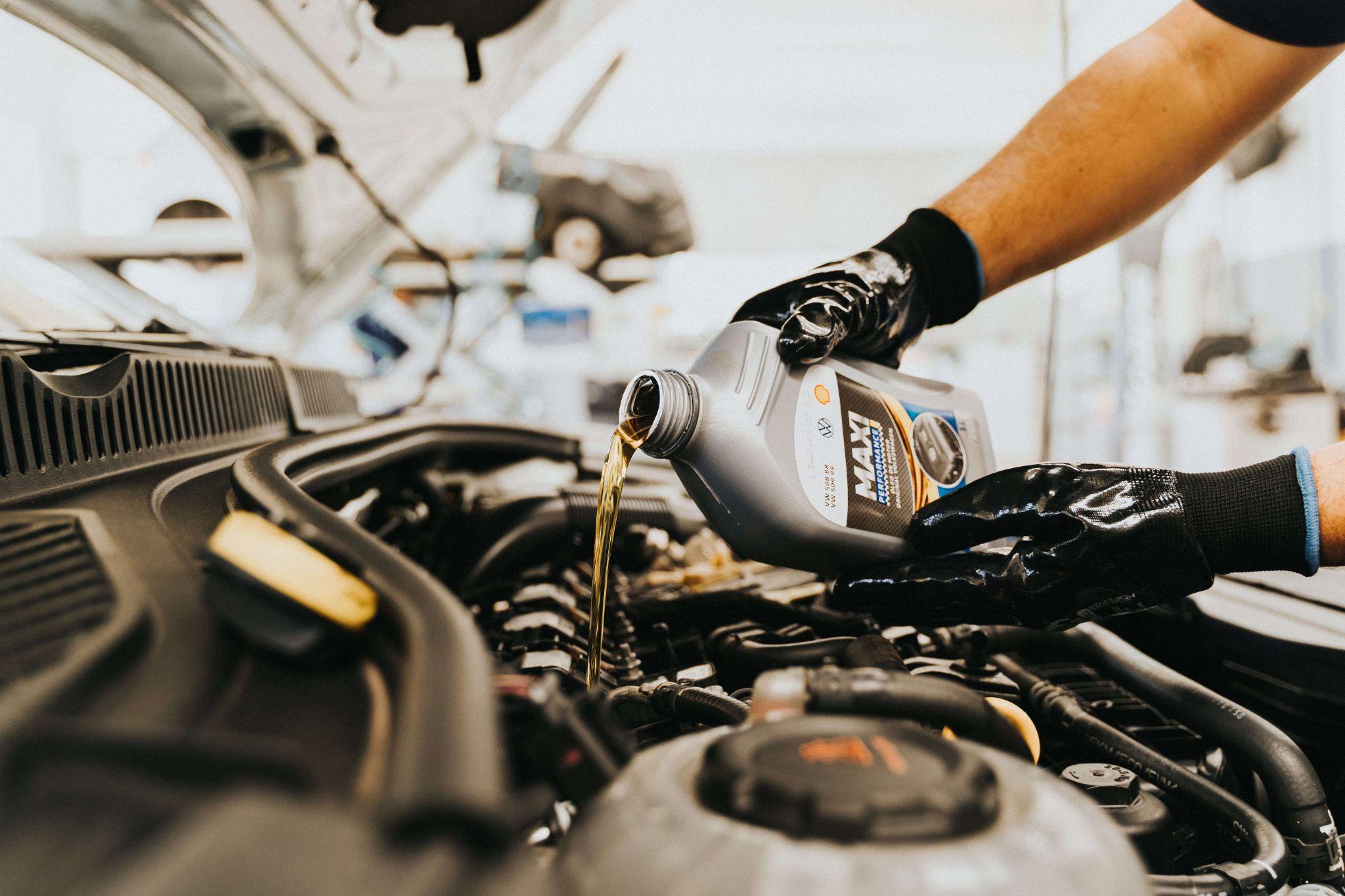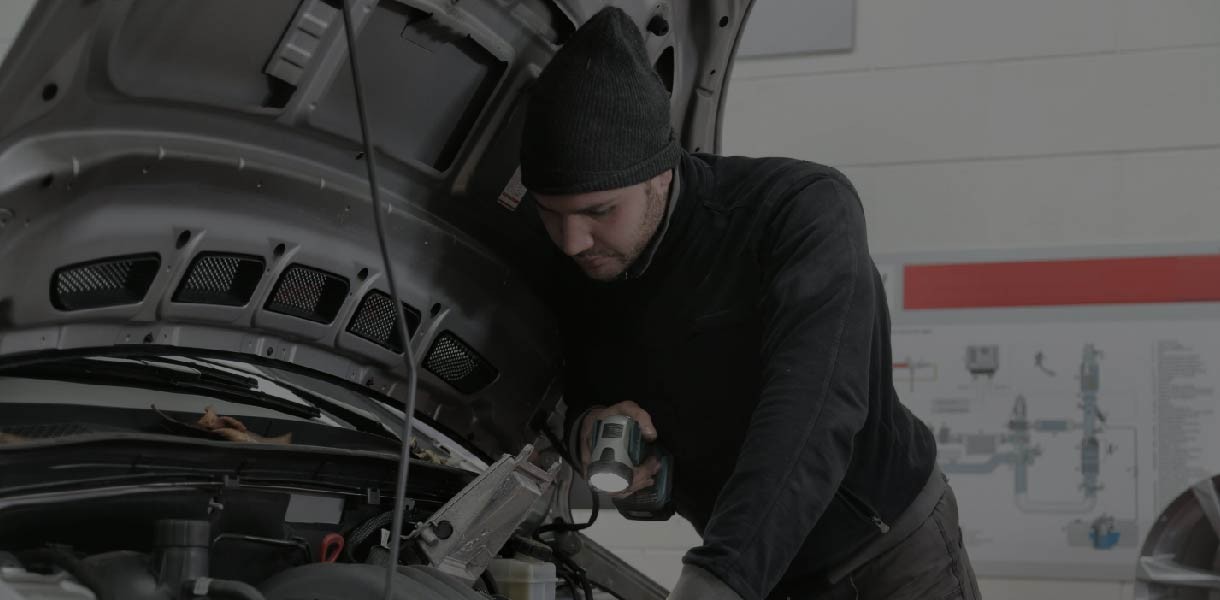Engine misfires can be a frustrating problem for drivers and can indicate a number of possible malfunctions or problems. In this article, you can learn about some of the common causes of gasoline engine failure, and how they can be identified and fixed to keep your vehicle in top working order and ensure a trouble-free driving experience.
content
- Why does the gasoline engine misfire? Possible causes of engine misfires
- Why does the diesel engine misfire?
- Engine misfires - what can you do to minimize the risk of them occurring?
1. Why does the gasoline engine misfire? Possible causes of engine misfires
According to specialists in the field of car sales , the main cause of engine failures is non-compliance with maintenance rules. Modern oils allow car manufacturers to increase the required interval between oil changes. However, a significant part of this growth is attributed to the desire of manufacturers to present their product in a more attractive way, or, simply put, to marketing. A longer interval between technical services means lower running costs and, at first glance, suggests a higher reliability of the car, which makes it more attractive to consumers. But are the oils used today really that good? Even though technologies have advanced significantly, the laws of physics (and chemistry) still apply. Engine oil is subject to high temperatures, fuel enters it, which leads to oxidation and combustion of additives included in the composition of the oil.

Will you cause engine misfires if you don't change the oil?
The lubricating properties and the ability of the oil to remain on the surface of the lubricated parts will decrease, which will lead to the appearance of "dry friction", that is, when metal comes into direct contact with metal. This mode of operation leads to increased wear of the parts that come into contact with each other. The temperature in that area rises and the parts can lock together, leading to engine misfires. But this is an extreme scenario. In less critical cases, wear of parts will contribute to reduced engine power, increased fuel and oil consumption, and other unpleasant phenomena.
Another possibility is related to the fact that, during use, the amount of oil in the engine decreases. The oil reaches the combustion chamber and burns together with the fuel, and this process is all the more intense the more worn the piston group is. Oil can also leak through various seals that also lose their effectiveness over time. Insufficient oil can lead, for example, to the fact that many important parts are left without lubrication and wear more quickly.
Prolonged use of spark plugs can cause engine misfires
Spark plugs, in the case of long-term use without replacement, can affect the performance of the vehicle by decreasing dynamics, increasing fuel consumption and lighting the check engine light. There are cases where a spark plug can fail directly in the engine, with fragments of it entering the cylinder and causing expensive engine repairs, but these are quite rare. Usually by this point the vehicle stalls because the fuel can no longer be ignited in the engine. However, non-deactivated fuel, entering the catalyst with a catalytic converter, will continue to burn inside it, causing the cells to "clog" and contribute to its failure.
Broken transmission belts - another reason for engine failures
Broken drive belts can be a significant cause of engine misfires. This problem affects the timing between the crankshaft and the camshaft, which is essential for optimal engine operation. When the belt breaks, the valves and pistons can collide, causing serious engine damage. This phenomenon is more common in engines with a timing belt instead of a chain, and can lead to misfiring or even stopping the engine completely.
2. Why does the diesel engine misfire
If you're wondering why a diesel engine misfires, know that they are often caused by problems specific to this type of engine, being partly different from gasoline engines in the nature of the fuel and ignition system. In diesel engines, misfiring can result from faulty or dirty injectors, which prevent the fuel from spraying properly. Clogged fuel filters or poor quality diesel can also affect combustion efficiency. Unlike gasoline engines, which rely on a spark ignition system, diesel engines use compression to ignite fuel, making them more susceptible to low compression or air quality issues. At the same time, diesel engine misfires can be caused by cylinder leaks or problems with the air intake system.
3. Engine misfires - what can you do to minimize the risk of them occurring?
To avoid mistakes with the petrol engine, you can follow these three essential tips:
- Regular maintenance of the ignition system
Make sure the spark plugs and spark plug wires are in good condition and change them at the recommended intervals. Worn spark plugs or faulty wires can cause engine misfires because the spark required to ignite the air-fuel mixture is not strong or consistent enough;
- Checking and servicing the fuel supply system
A clogged fuel filter, faulty fuel pump or dirty injectors can reduce engine efficiency and cause misfiring. It is important to keep these components clean and replace them when necessary;
- Using a quality fuel
Poor quality fuels may contain impurities that can affect engine performance and cause misfires. Using a higher quality fuel and avoiding gas stations with questionable reputations can help prevent these problems.
By following these tips, you will significantly reduce the risk of experiencing problems with your engine. Regular engine maintenance and the use of quality fuel will help you maintain optimal performance and avoid costly repairs in the long run.
Photo source: pexels.com
